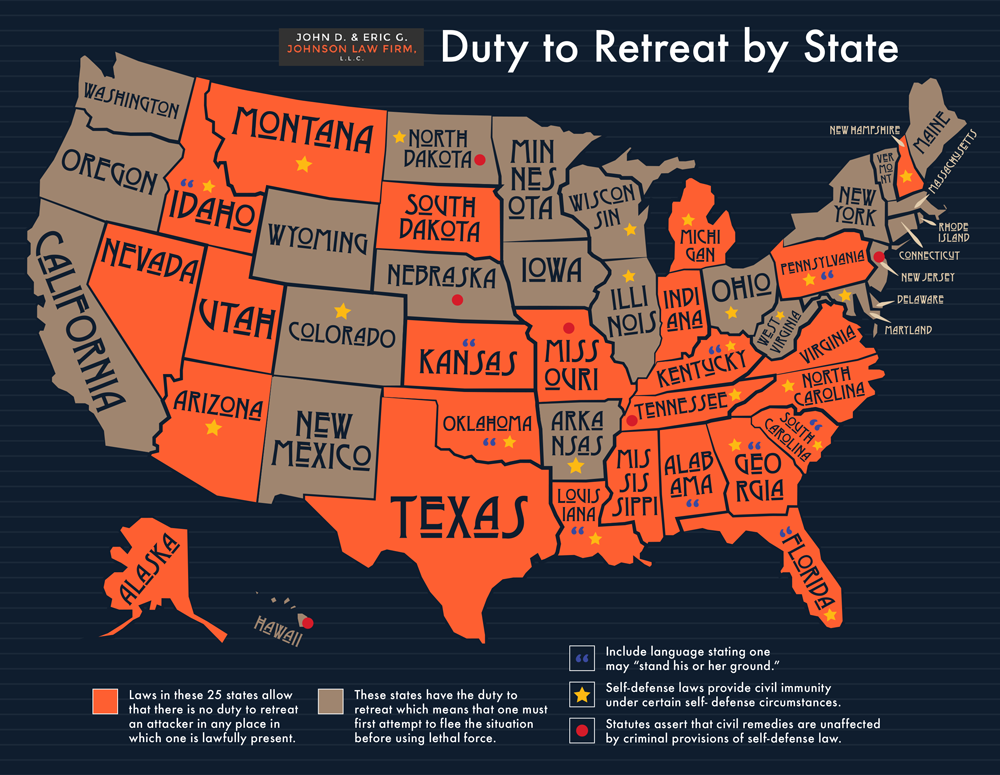Review Of Expectations: The Timeline For A Traditional Separation Instance
Review Of Expectations: The Timeline For A Traditional Separation Instance
Blog Article
Material Created By-Prater Coffey
As you start the trip of browsing a divorce case, you may find yourself wondering about the timeline that lies in advance. From the initial stages of filing papers to the complexities of negotiation and the potential for a test, each step holds its very own set of challenges and uncertainties. Understanding the sequence of events can assist you plan for what's to find and anticipate the twists and turns that may arise along the road.
Initial Declaring and Service of Documents
When beginning the divorce process, the initial step is the preliminary declaring of the necessary documents with the court. This step officially begins the lawful procedure and sets the divorce situation moving. https://www.liveinternet.ru/users/guerra_gunter/post508525886 need to submit types that describe the premises for separation, assets, liabilities, income, expenditures, and any other appropriate information needed by the court.
After submitting these papers, copies must be served to your partner, notifying them of the divorce procedures. This service can be done through a process server, constable's office, or qualified mail, making certain that your partner is officially alerted of the separation instance against them.
When the documents are filed and offered, the court will provide a situation number and assign a court to supervise the case. It's critical to precisely finish and submit these records, as any errors or omissions could postpone the divorce procedure.
This first step lays the foundation for the lawful dissolution of your marriage, marking the beginning of a possibly difficult yet needed process.
Discovery and Arrangement Phase
During the Discovery and Arrangement Stage of a divorce situation, both events engage in gathering information and trading pertinent documents to better understand each other's monetary conditions and other pertinent details. This stage is critical as it establishes the structure for arrangements and potential settlement contracts. Through methods such as interrogatories, requests for production of documents, and depositions, each celebration aims to reveal truths, properties, financial obligations, and various other important info that might influence the situation's outcome.
Arrangements throughout this stage usually entail discussions on different issues like home division, child custody, visitation timetables, and financial support. https://www.opb.org/article/2022/03/31/investigative-documents-in-slaying-of-off-duty-vancouver-officer-to-be-released/ may work with their lawyers to discover settlement choices, potentially staying clear of the requirement for a trial.
Arbitration or collaborative law procedures may likewise be used to help with productive conversations and get to mutually appropriate agreements. It's essential to approach this phase with openness, sincerity, and a desire to compromise to achieve a smoother resolution and reduce the psychological and financial toll of a prolonged court fight.
Trial and Final Resolution
Progressing from the Discovery and Settlement Phase, the Test and Last Resolution phase marks the conclusion of your separation situation. This phase is where unsettled issues are brought before a court to make final decisions on matters like possession division, child custodianship, and support. The trial usually entails providing evidence, witness testaments, and legal arguments to support your situation.
During the trial, both celebrations will have the chance to offer their settings and counterarguments. It's vital to be prepared, as the court's choice will considerably affect the final end result of your divorce.
Complying with the trial, the court will issue a last judgment that lays out the regards to the separation, consisting of any kind of economic settlements and safekeeping plans.
As soon as the judgment is issued, the separation is completed, and both celebrations are legitimately bound by its terms. While the trial phase can be difficult and psychological, it's a needed step in the direction of getting to a final resolution and moving forward with your life post-divorce.
Conclusion
To conclude, navigating a divorce case involves a series of steps from submitting first papers to getting to a last resolution. Recognizing the timeline of events can aid you get ready for what to expect throughout the process. By being positive, looking for legal guidance, and staying notified, you can navigate the intricacies of divorce proceedings with confidence and quality.
